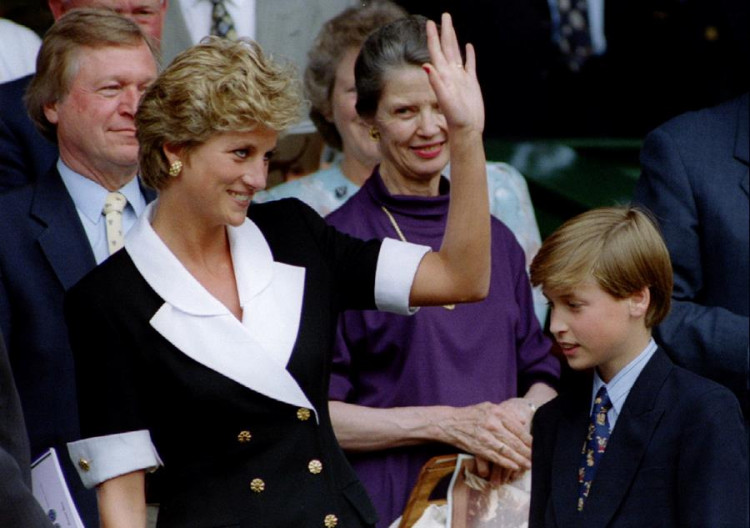The BBC's expenditure exceeding £150,000 in legal fees to maintain the secrecy of documents related to Martin Bashir's controversial 1995 interview with Princess Diana has ignited a storm of criticism and raised questions about transparency and accountability at the public broadcaster.
These documents, believed to shed light on the internal response to Bashir's use of forged documents to secure the interview, have been at the center of a protracted legal battle spearheaded by journalist and filmmaker Andrew Webb.
Webb's pursuit of these documents under freedom of information laws has been met with resistance from the BBC, culminating in a significant financial outlay on external legal counsel and document management services. The controversy traces back to Bashir's interview with Diana, Princess of Wales, for the Panorama program, which has been scrutinized for the deceptive tactics employed to gain the princess's trust.
The BBC's decision to contest Webb's requests has not only incurred substantial costs but also cast a shadow over the organization's commitment to transparency. Jason Pobjoy, a notable media law specialist, has represented the BBC in several court hearings related to this case, highlighting the legal complexities and the high stakes involved.
The impending release of approximately 10,000 pages of data to Webb, as mandated by a recent court ruling, marks a pivotal moment in this saga. This trove of information is expected to offer insights into the BBC's handling of the revelations surrounding Bashir's methods and the subsequent internal and external reactions.
The narrative surrounding the BBC's efforts to keep these documents under wraps intersects with broader discussions about journalistic ethics, the responsibilities of public institutions, and the enduring impact of the Bashir interview on the royal family and public perception. Prince William's poignant statement following Lord Dyson's 2021 report underscores the personal and institutional ramifications of the interview and the subsequent handling of the controversy by the BBC.
As the BBC prepares to comply with the court's order, the implications for the broadcaster and its stakeholders are multifaceted. This episode not only revisits a pivotal moment in British media history but also prompts reflection on the lessons learned and the path forward for one of the world's most respected news organizations.





